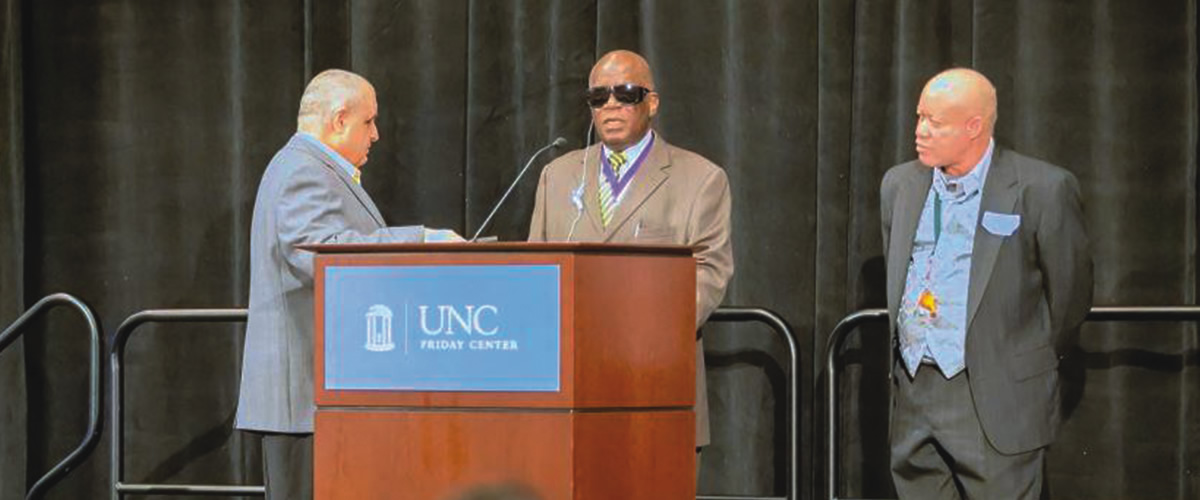Orange County Disability Awareness Council (OCDAC) is a small nonprofit with the big job described in its name – alerting governments, businesses and individuals to their responsibilities toward citizens who are disabled.
The organization was founded in 1977 in Orange County to educate, provide opportunities and ensure access – eliminating physical barriers – for the disabled. Dr. Timothy Miles, the long-time executive director, wanted to expand the council’s reach, visibility and effectiveness, and he turned to Executive Service Corps of the Triangle (ESC) for help.
He got it. A board retreat held in the fall of 2015 is leading to the reorganizing and broadening of the council’s efforts. Dr. Miles had been functioning effectively as both executive director and board chairman, a combination that often led him to do things personally, instead of discussing and delegating responsibilities.
ESC’s consultants recommended that a board chair be elected, that board communication be emphasized and that a more intensive recruitment process be created to develop a pipeline of future board and committee members.
That work is still in progress with ESC’s help.
By Dr. Miles’ account, it is going successfully. “Our communications are better,” he said. “We are in touch with more funding sources. We know better how to write and follow up on grant applications. I feel more confident because of ESC’s expertise and style. We all do.”
OCDAC conducts educational workshops and classes on providing opportunities for the disabled, concentrating on transportation, access in housing and public buildings and action to make technology accessible. The organization gets its message out through individual contacts, social media, public service announcements on radio and television and a local cable TV program. They have had the assistance of county commissioners in the Triangle – especially in Orange County, which provides OCDAC with its office headquarters in Chapel Hill.
All of this is done with a limited budget of $15,000-$20,000 a year, raised from individuals, foundations and local government sources.
OCDAC has no paid staff, and there are three part-time volunteers who work there. Its membership is small – 25-30 volunteers, with a nine-member board of directors. Expanding that base was one of the goals set at the ESC retreat.
“We’ve become more knowledgeable as a board and as an organization,” Dr. Miles said. “We’ve got a better package now. It has been empowering to us. I give ESC the thumbs up, three – four – five – make that 10 times.”
“I wouldn’t trade the ESC relationship for anything,” said Dr. Miles.

